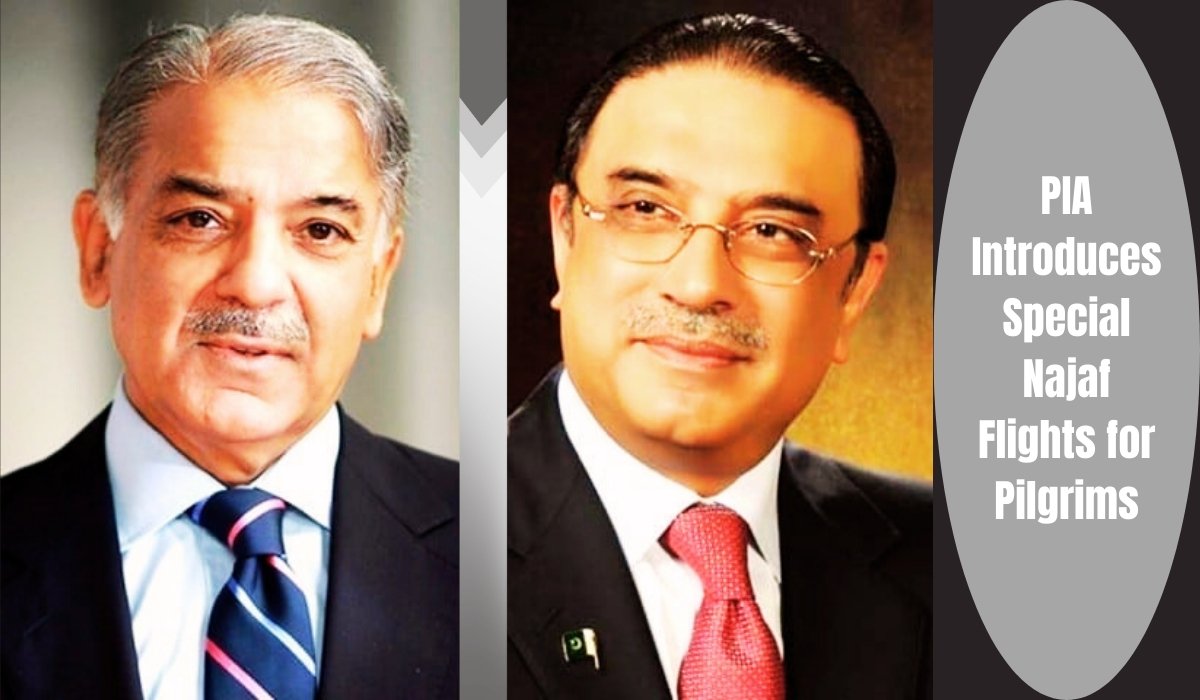President and PM Extend Greetings to Muslim Ummah on New Islamic Year 2024!

As the new Islamic year dawns, the President and Prime Minister have extended heartfelt greetings to the Muslim Ummah. This occasion, marked by reflection and renewal, holds profound significance for Muslims worldwide. In this article, we explore the messages conveyed by the national leaders, the importance of the Islamic New Year, and how this moment is celebrated across the Muslim world.
Messages from National Leaders
President’s Message
The President addressed the nation and the global Muslim community with a message of peace, hope, and unity. In his statement, he emphasized the importance of the Islamic New Year as a time for introspection, spiritual renewal, and commitment to shared values. He urged Muslims to reflect on the teachings of Islam, which advocate for compassion, justice, and solidarity among all.
The President also highlighted the need for unity and cooperation among Muslims, especially in the face of global challenges. He called on the Muslim Ummah to embrace the spirit of the new year by fostering brotherhood, understanding, and mutual respect. His message was a reminder of the rich spiritual heritage of Islam and the collective strength derived from unity and faith.
Prime Minister’s Message
The Prime Minister also extended his greetings, expressing his best wishes for a year filled with peace, prosperity, and spiritual fulfillment. He reiterated the importance of the Islamic New Year as a time for personal and communal reflection. In his address, the Prime Minister underscored the significance of adhering to the principles of Islam, which promote peace, compassion, and social justice.
He encouraged the Muslim community to use this occasion as an opportunity to renew their commitment to these values and to work towards creating a more just and equitable society. The Prime Minister’s message highlighted the role of the Islamic New Year in fostering a sense of community and shared purpose, urging everyone to contribute positively to their societies.
Significance of the Islamic New Year
The Islamic New Year, also known as Hijri New Year, marks the beginning of the Islamic lunar calendar. Unlike the Gregorian New Year, which is often associated with celebrations and festivities, the Islamic New Year is a more subdued and reflective occasion. It commemorates the Hijra, the migration of Prophet Muhammad and his followers from Mecca to Medina in 622 CE, an event that signifies a pivotal moment in Islamic history.
Historical Context
The Hijra is not just a historical migration but also symbolizes the transition from persecution to freedom, from uncertainty to faith. It represents a journey toward a just and inclusive society where the principles of Islam can be practiced freely. The new year is thus a time for Muslims to reflect on their own spiritual journey, seek guidance, and recommit to living in accordance with Islamic values.
Religious Observances
On this day, many Muslims engage in prayers, Quranic recitations, and fasting. The new year is seen as an opportunity for spiritual renewal, where believers seek forgiveness for past deeds and make resolutions for the coming year. It is a time for introspection, gratitude, and the reaffirmation of faith. Community gatherings and educational programs are often organized to discuss the significance of the Hijra and to inspire moral and ethical conduct.
Celebrations Across the Muslim World
While the Islamic New Year is a time for reflection, it is also observed in various cultural contexts with different traditions. The nature of celebrations can vary widely based on regional customs and interpretations of Islamic teachings.
Middle East
In many Middle Eastern countries, the new year is marked by special prayers and sermons in mosques. Families come together to share meals and offer charity to the less fortunate, reflecting the Islamic principles of compassion and generosity.
South Asia
In South Asia, the Islamic New Year is observed with religious gatherings where scholars discuss the significance of the Hijra and its lessons for contemporary society. In some regions, processions and reenactments of the Hijra are organized to educate the younger generation about this important event.
Southeast Asia
In Southeast Asia, particularly in countries like Indonesia and Malaysia, the new year is celebrated with community events, including cultural performances and charitable activities. These events aim to foster a sense of community and to reinforce Islamic teachings in everyday life.
North Africa
In North Africa, the new year is often a time for family reunions and communal prayers. Traditional foods are prepared, and people visit relatives and friends to exchange greetings and blessings for the new year.
Conclusion: A Time for Unity and Renewal
The Islamic New Year is a profound moment for Muslims around the world, a time for spiritual reflection, community cohesion, and renewed commitment to Islamic values. The messages from the President and Prime Minister serve as a reminder of the importance of this occasion and its role in fostering unity, peace, and shared purpose.
As Muslims enter the new year, they are encouraged to draw inspiration from the Hijra, embrace the values of justice, compassion, and solidarity, and to work towards building a more harmonious and equitable world. The Islamic New Year offers a unique opportunity to reflect on the past, seek forgiveness, and to embark on a new chapter with hope and determination.


